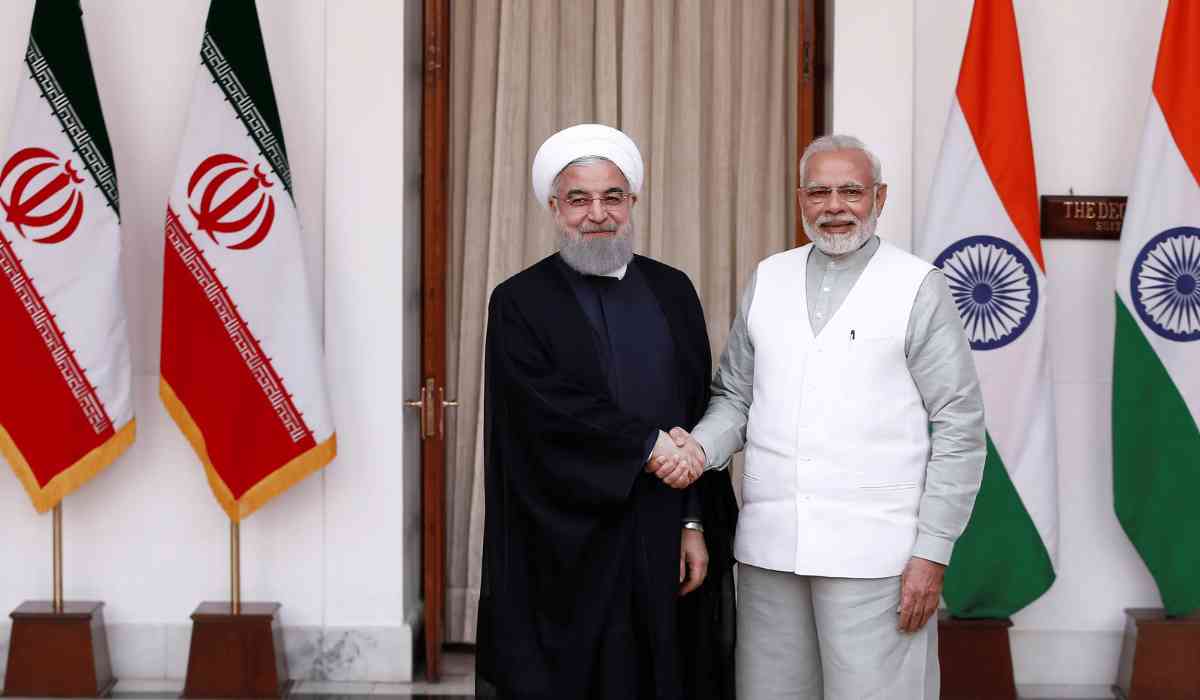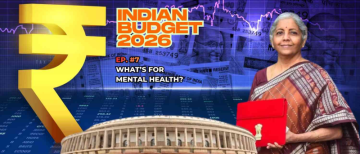In the chessboard of global geopolitics, subtle restraint often outplays dramatic bravado. Recent developments in the Middle East, specifically the United States’ surprise aerial strikes on Iran’s nuclear facilities, have significantly reshaped diplomatic dynamics, unexpectedly handing Indian Prime Minister Narendra Modi a position of strategic advantage. At the centre of this recalibration lies a paradox: US President Donald Trump’s repeated attempts to diminish India’s standing may have inadvertently served India’s long-term interests.
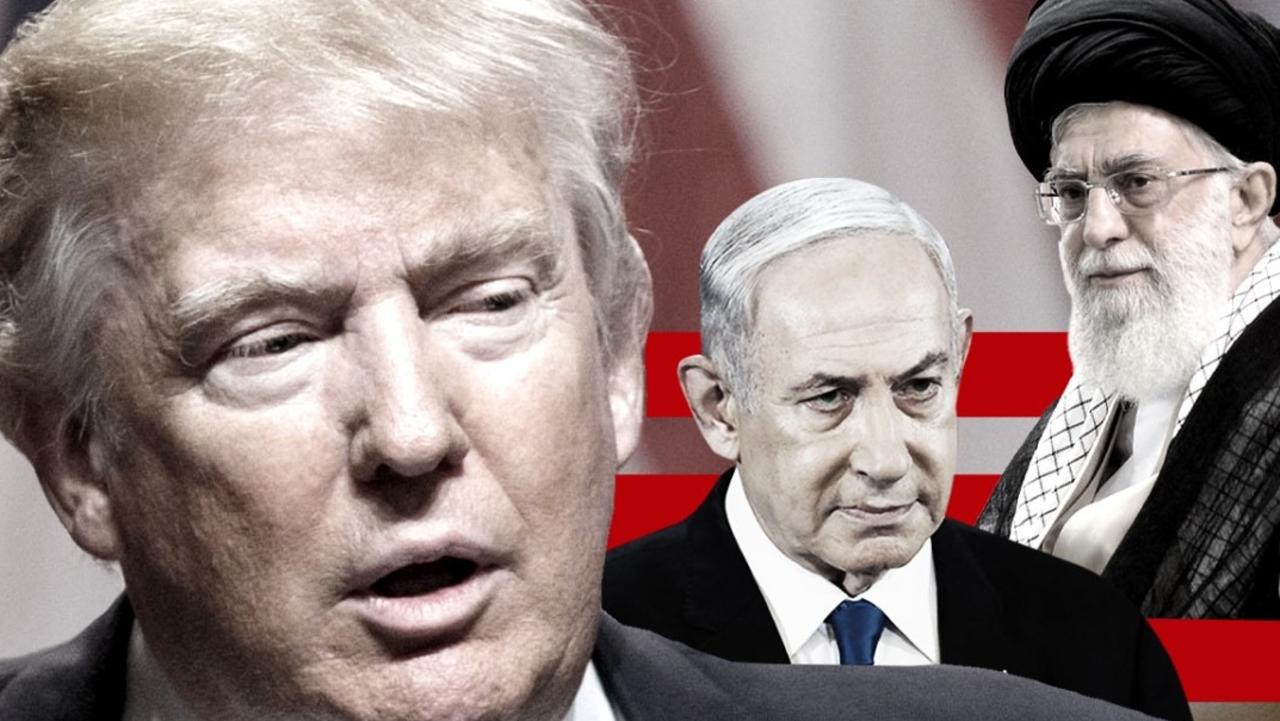
Also read: US finally caves in, join Israel against Iran - Trump claims 3 Nuclear sites bombed
Trump’s Rhetoric vs. Modi’s Restraint
Over the past year, President Trump has relentlessly boasted about brokering peace between India and Pakistan, a claim widely dismissed in New Delhi as exaggerated, if not entirely false. In fact, the so-called ceasefire deal that Trump touted was not a product of his diplomatic brilliance. At best, the United States played a peripheral role in nudging both nuclear-armed neighbours toward de-escalation during Operation Sindoor.
Despite Trump’s repeated public endorsements of Pakistan and his attempts to paint India as a diplomatic lightweight, Prime Minister Modi’s restrained silence and measured public tone have quietly paid off. The Modi government, particularly External Affairs Minister Dr. S. Jaishankar, was under fire even from its loyal base for not responding more aggressively to what appeared to be a systematic humiliation by Trump. Yet, in hindsight, that low-key posture has proven to be a masterstroke of realpolitik.
As Jaishankar has often analogised, diplomacy is like cricket; not every ball can or should be hit for runs. But a master batsman knows how to construct an innings, and in this case, Modi’s team is shaping a strategic century while Trump’s brash innings faces mounting challenges.
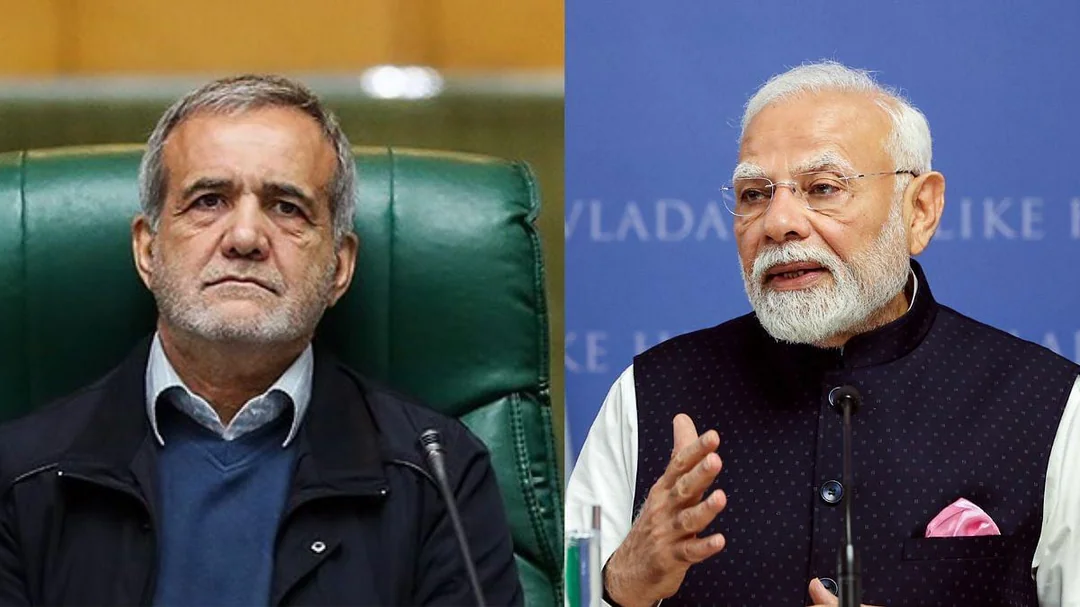
The Iran Strike That Changed Everything
The early morning U.S. strikes on Iran’s uranium enrichment sites, Natanz, Isfahan, and the heavily fortified Fordow, were the most provocative military actions taken by Washington in years. These strikes, aimed at neutralising Iran’s nuclear capabilities, pushed West Asia to the brink of a broader war. Yet, paradoxically, they also provided India with a rare opportunity: diplomatic distance from an increasingly volatile American strategy in the region.
This detachment was not accidental. Trump’s deepening embrace of Pakistan, despite its dubious record and strategic opportunism, distanced India from direct association with the U.S.’s aggressive posture towards Iran, a country that, while not India’s strategic ally, has maintained civilizational ties, trade partnerships, and a consistent non-hostile stance towards New Delhi.
Iran’s cultural and historical linkages with India are deep-rooted. Isfahan, one of the cities hit by the U.S., is often mentioned in the same breath as India’s Varanasi when discussing some of the world’s oldest continuously inhabited cities. This cultural thread is just one aspect of the larger, nuanced relationship between the two nations, a relationship now spared collateral damage, thanks to Modi’s careful diplomatic distancing.
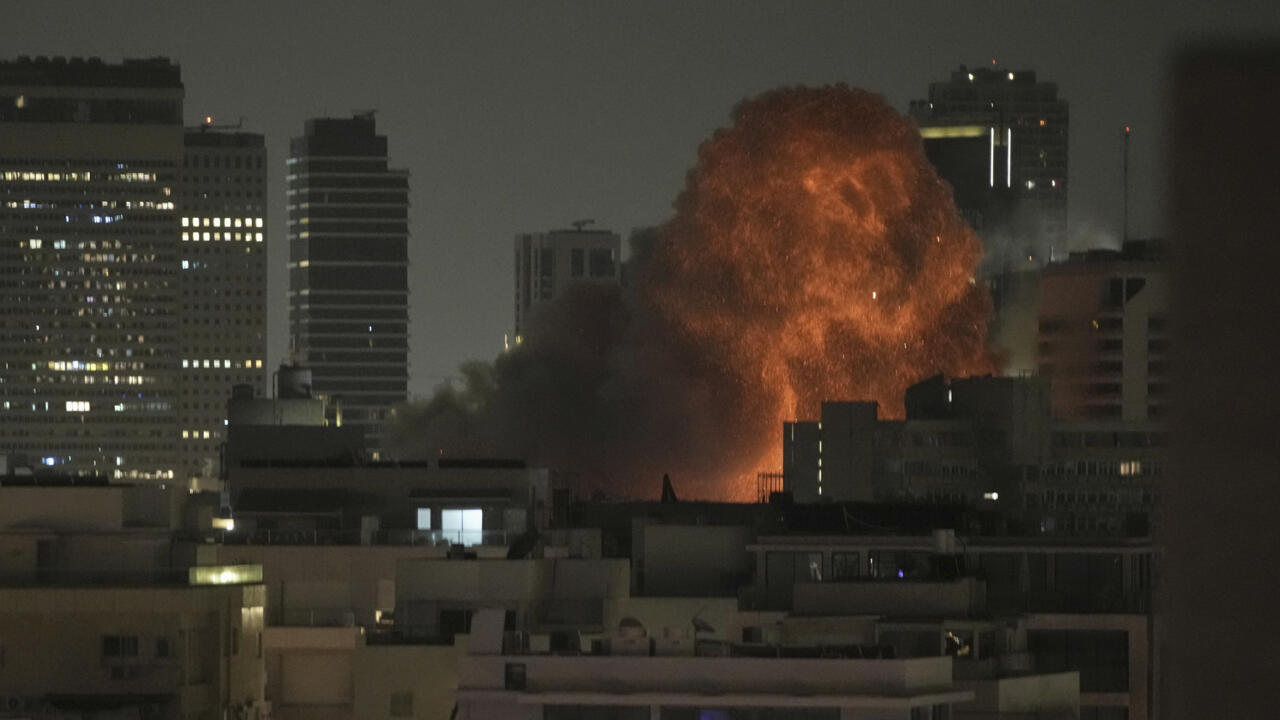
Pakistan: From Strategic Partner to Strategic Pawn
Pakistan’s cooperation with the U.S. in these operations has now been laid bare. It’s confirmed that the U.S. used the Quetta airbase in Balochistan for refuelling during its Iran strikes. For Pakistan’s army chief, Field Marshal Asim Munir, this alignment with the U.S. against a fellow Islamic republic could have disastrous political consequences at home.
Trump may have hosted Munir at the White House for a photo-op lunch, but what he extracted in return was significant, far more than a public relations victory. Pakistan, under U.S. pressure, traded strategic autonomy for short-term favour, exposing itself to criticism across the Islamic world.
In this light, Pakistan’s recent nomination of Donald Trump for the Nobel Peace Prize, ostensibly for “diplomatic intervention” in South Asia, appears absurd. Not only did Trump fail to resolve the India-Pakistan conflict meaningfully, but his alliance with Pakistan in attacking Iran has painted Islamabad into a corner, making India’s diplomatic stance appear more consistent, mature, and principled.
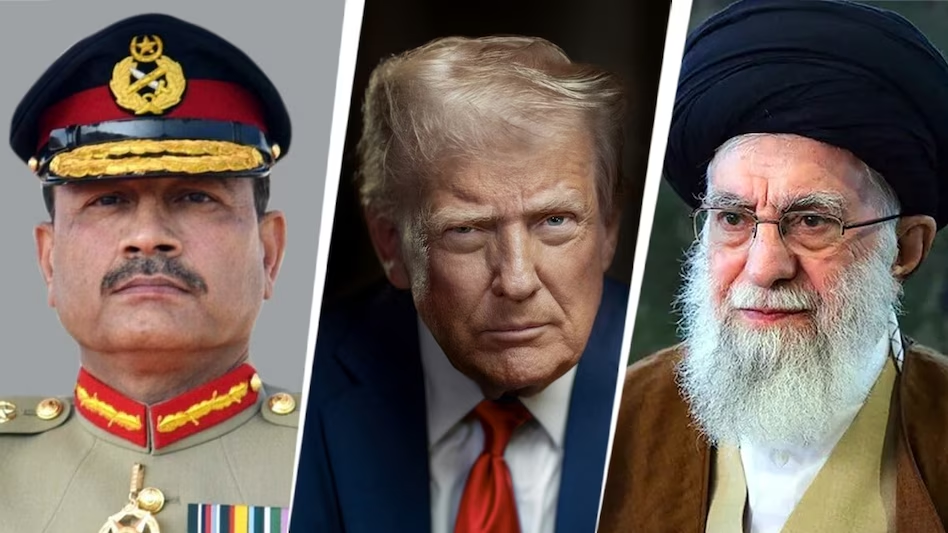
Also read: Israel-Iran War: 10 Key Developments as Conflict Escalates, US Weighs Military Action
Fallout for India: Strategic Calm Amid Economic Storm
While India may have dodged direct entanglement in this geopolitical firestorm, it is far from insulated from the consequences. The economic fallout, particularly from Iran’s potential retaliation, poses a serious threat.
Iran’s foreign minister, Abbas Araghchi, warned on the social media platform X that the U.S. strikes would have “everlasting consequences.” The spectre of Iranian retaliation looms large, especially considering the dense cluster of 19 U.S. military installations scattered across West Asia. Any counterattack from Tehran could spiral into a larger conflict, one dangerously close to Indian borders.
For India, the primary concerns are twofold: safeguarding the lives of nearly 10 million Indian citizens who live and work in the Gulf region, and insulating its economy from the inevitable shocks of conflict in the Persian Gulf.
Oil and gas prices are already volatile. The Strait of Hormuz, a strategic chokepoint through which nearly two-thirds of India’s oil and half of its gas imports pass, is vulnerable to closure or disruption. A blockade or even minor interruption in traffic through the Strait would send fuel prices soaring in India, triggering inflation, slowing GDP growth, and creating ripple effects across the economy.
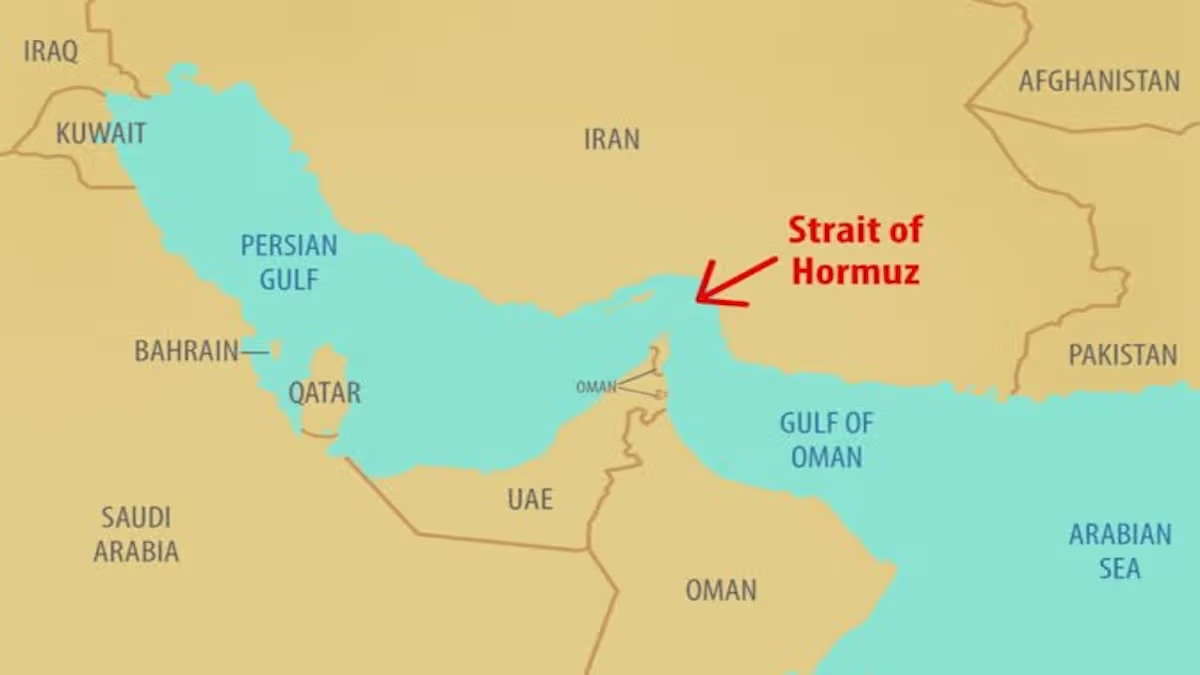
Israel’s Opportunistic Ascent
Amidst all this, Israel has emerged as a decisive player in reshaping the region’s power dynamics. After the devastating October 2023 Hamas attack that left over 1,200 Israeli civilians dead, Prime Minister Benjamin Netanyahu wasted no time in striking back.
Israel not only dismantled the Hamas command structure in Gaza but also deepened its grip over the Palestinian territories. Even symbolic acts like banning date shipments during Ramadan highlighted Israel’s uncompromising stance. But the real game-changer was Israel’s coordination with the U.S. in the strikes on Iran.
According to regional observers, Israel had already completed 70–80% of its strategic objectives before the U.S. formally entered the scene. This coordination underscores how Netanyahu leveraged the situation to reassert dominance over the region, from toppling the Assad regime in Syria to weakening Iran-backed Houthis in Yemen.
This recalibration has not gone unnoticed in New Delhi. Indian intelligence and diplomatic channels are closely studying the sequence of events, evaluating both immediate and long-term implications.
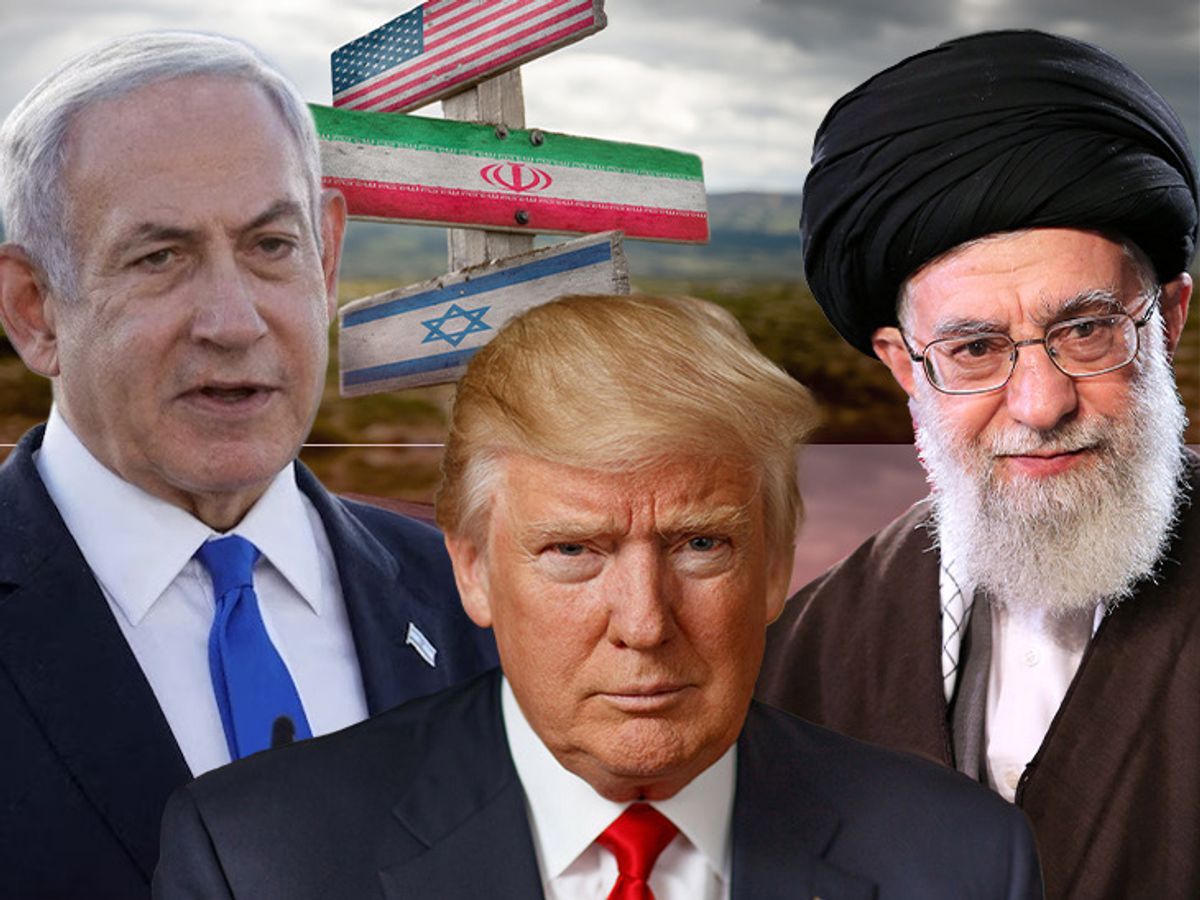
The Way Forward: Dialogue, Not Drama
In the aftermath of the strikes, Modi’s first public statement came in the form of a tweet referencing his conversation with newly elected Iranian President Masoud Pezeshkian. He expressed “deep concern at the recent escalations” and reiterated that “immediate de-escalation, dialogue and diplomacy [are] the way forward.”
This calibrated response reflects India’s core diplomatic philosophy: strategic autonomy without aggression, empathy without entanglement, and global leadership without grandstanding.
As the Middle East stands on the edge of a potential full-scale war, India’s position is clear. It will not be drawn into ideological or military conflicts that jeopardise its own interests, economic, demographic, or diplomatic.
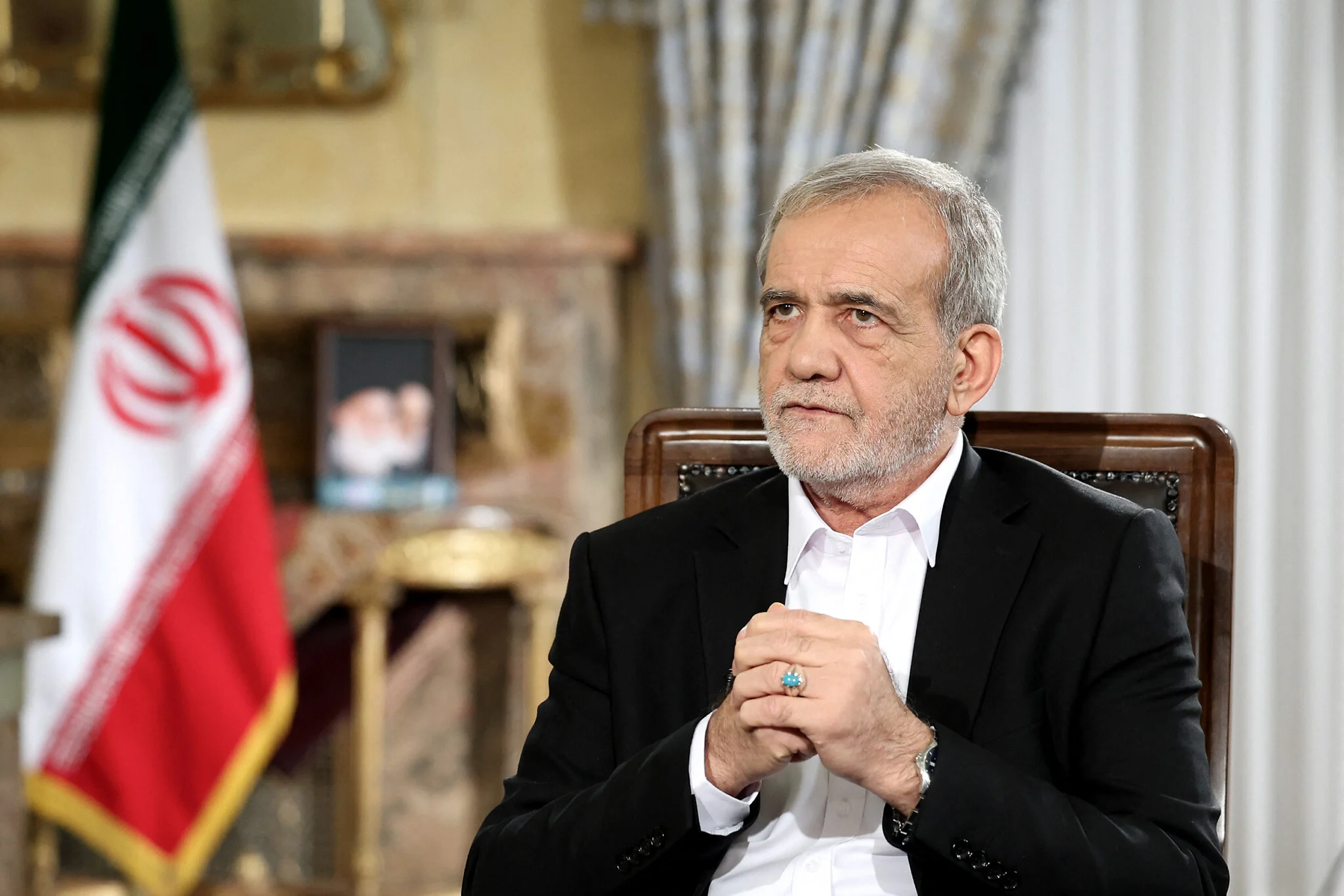
A Strategic Win, With Caveats
What began as a period of apparent diplomatic marginalisation for India, marked by Trump’s jabs and unwarranted praise for Pakistan, has transformed into a moment of unexpected geopolitical leverage. By refusing to overreact and remaining strategically aloof from Washington’s sabre-rattling, India has maintained its balance.
But this isn’t a time for celebration. The risks are far from over. Iran’s next move could reshape the entire equation again. Fuel prices, the safety of millions of Indians abroad, and the regional stability of West Asia all hang in the balance.
Still, in the fog of war and bombast, Modi’s restraint stands out as a reminder that, sometimes, doing less achieves much more.
Views expressed in the above piece are personal and solely those of the author. They do not necessarily reflect Vygr’s views.
With inputs from agencies
Image Source: Multiple agencies
© Copyright 2025. All Rights Reserved Powered by Vygr Media.

